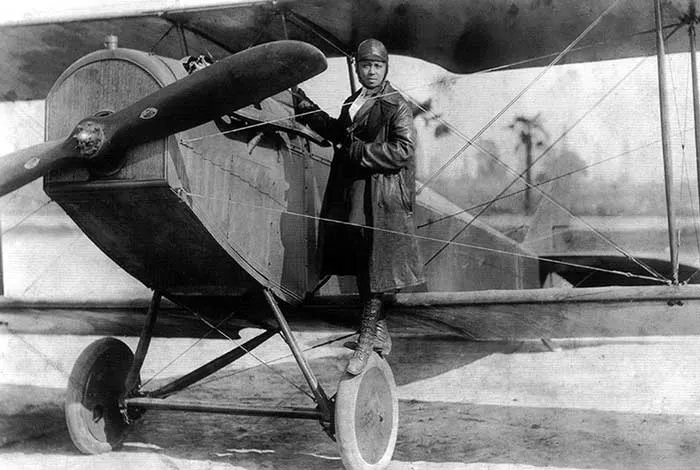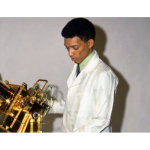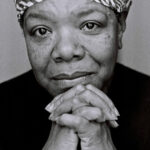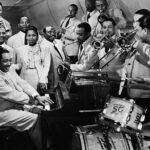Early Life and Family
Bessie Coleman was born on January 26, 1892, in Atlanta, Texas, to Susan and George Coleman, who were of African American and Native American descent. Growing up in a family of thirteen children, Bessie was inspired by her mother, who encouraged her to pursue her dreams despite facing racial and gender barriers.
Pursuit of Aviation
In the early 1920s, Bessie’s fascination with aviation led her on a quest to become a pilot. Denied entry to aviation schools in the United States due to her race and gender, she traveled to France to pursue her pilot’s license. In 1921, she became the first African American woman to earn an international pilot’s license from the Fédération Aéronautique Internationale.
Aviation Achievements
Returning to the United States, Bessie Coleman became a sensation as a skilled aviator and performed in airshows, wowing audiences with her daring aerial maneuvers and stunts. Known as “Queen Bess,” she aimed to inspire young African Americans and women to pursue aviation and break barriers in the field.
Legacy and Fame
Bessie Coleman’s determination and groundbreaking achievements made her a symbol of empowerment and resilience. She used her fame to advocate for racial equality and encouraged African Americans to see aviation as a path to success and advancement.
Tragic Death
Tragically, on April 30, 1926, Bessie Coleman’s life was cut short when her aircraft, a Curtiss JN-4 biplane, malfunctioned during a test flight in Jacksonville, Florida. The plane unexpectedly flipped, throwing Coleman from the cockpit, and she died instantly. Her death was a devastating loss to the aviation community and to those inspired by her trailblazing spirit.
Contributions and Influence
Bessie Coleman’s legacy lives on as an inspirational figure who paved the way for future generations of African American and female aviators. Her determination, courage, and refusal to be limited by societal barriers continue to inspire aspiring pilots and individuals pursuing their dreams against all odds.
Fun Facts
- Bessie Coleman was the tenth of thirteen children in her family.
- She worked as a manicurist to save money to fund her aviation training.
- Coleman was inspired to become a pilot after hearing stories from World War I pilots and dreamed of opening a flight school for African Americans.
- Her life and achievements have been honored with numerous awards, memorials, and tributes in the aviation industry and beyond.
Bessie Coleman’s pioneering spirit and contributions to aviation history remain an enduring legacy, inspiring generations to reach for the skies and break through barriers with courage and determination.





